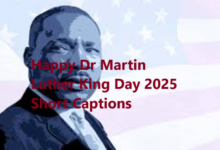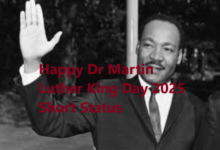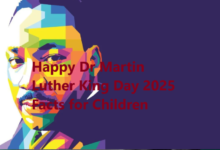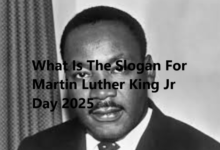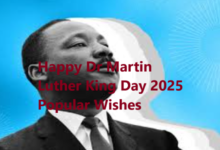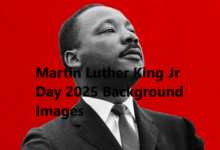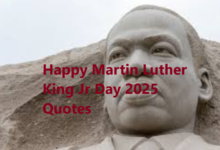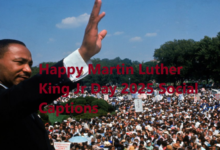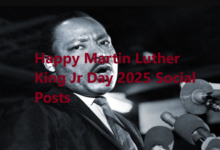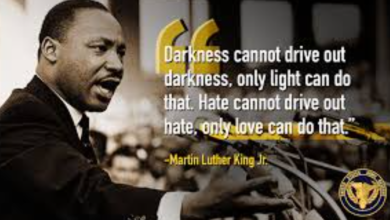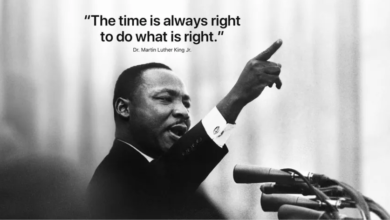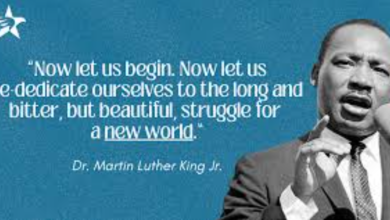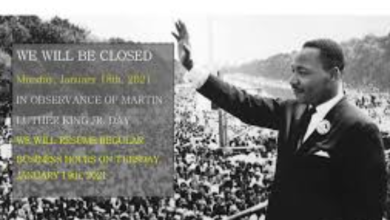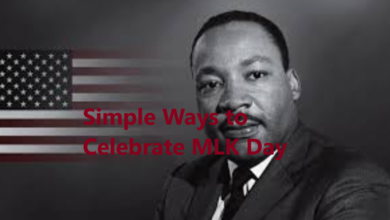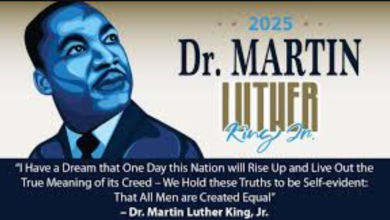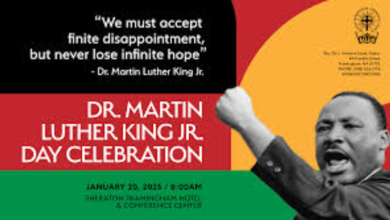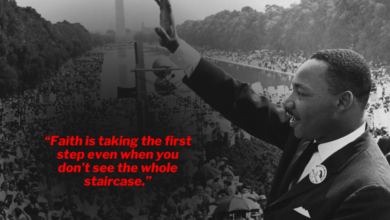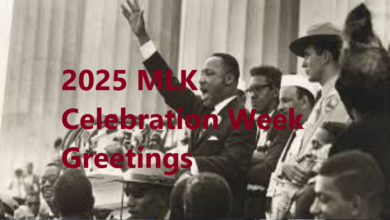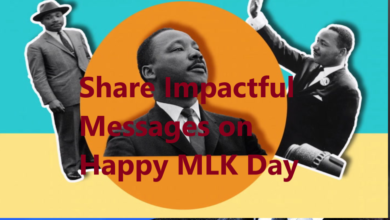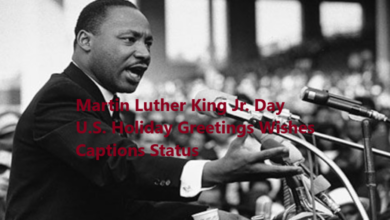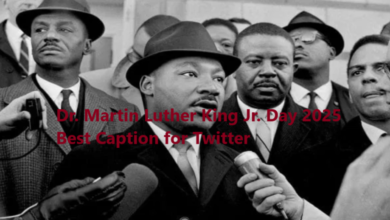Martin Luther King Jr Wish Quote 2025
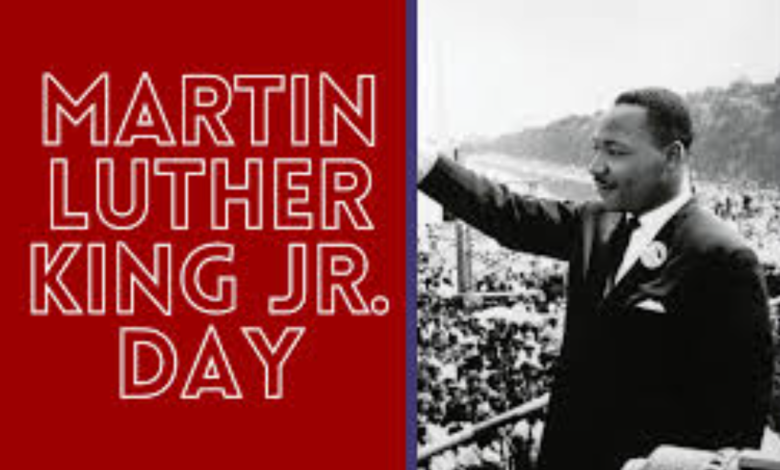
Dr. Martin Luther King Jr.’s words have stood the test of time, resonating across generations. His iconic speeches and writings remain as powerful today as they were in the Civil Rights era, and one specific phrase continues to inspire reflection and action. Often paraphrased as “I wish my children will not be judged by the color of their skin but by the content of their character,” this quote encapsulates the heart of his vision for equality and justice.
But what does this “wish” mean in the context of 2025? How can it guide us in a world still confronting the challenges of racism, inequality, and social division? This blog explores the enduring impact of Martin Luther King Jr.’s wish for a better tomorrow and how we can live out his dream in our modern lives.
The Origins of Dr. King’s “Wish”
Dr. King’s quote is derived from his memorable “I Have a Dream” speech, delivered on August 28, 1963, during the March on Washington for Jobs and Freedom. When King said, “I have a dream that my four little children will one day live in a nation where they will not be judged by the color of their skin but by the content of their character,” he was articulating a vision for true equality.
This “wish” wasn’t just for his own family—it was a declaration for all humanity. King’s words captured the essence of what it means to imagine a society where everyone is valued for who they are, rather than diminished by prejudice and discrimination.
Decades later, these words remain deeply relevant. But determining precisely how they apply in today’s context is critical if we are to fulfill his dream.
Reflecting on the “Wish” in 2025
Over six decades after King spoke these words, much progress has been made, but his wish for equality is far from fully realized. Here’s what the “wish” can teach us as we engage with 2025’s challenges:
1. Focusing on Character Over Superficial Judgments
King’s wish for judging individuals by “the content of their character” urges us to look beyond appearances. With the increasing influence of social media and global connectivity, modern society often focuses on surface-level traits rather than deeper values.
Whether in job applications, personal relationships, or social interactions, leaning into people’s character, integrity, and achievements allows us to create fairer, more inclusive opportunities. The question to ask ourselves is this—are we assessing people based on their actions and morals, or are we letting biases, unconscious or otherwise, cloud our judgment?
2. Addressing Systemic Inequalities
Equality begins with recognizing the inequalities that remain entrenched in our institutions. Education, employment, housing, healthcare—a true evaluation of someone by their “character” cannot exist while systemic barriers persist.
Dr. King’s wish challenges us to advocate for systemic reforms, including equitable hiring practices, anti-racist education, and policies that give everyone a fair opportunity to thrive. This isn’t just about dismantling racism but creating a structure where equity works for people of every identity.
3. Building Empathy and Awareness Across Divides
Empathy is often the missing link in discussions about equality. King’s words encourage us to reach across racial, cultural, and socioeconomic boundaries, seeking to understand one another’s lived experiences.
Living in a deeply polarized time, it’s essential that we prioritize listening and learning. One way to honor King’s wish is to actively engage with diverse communities and challenge our own blind spots. Many societal divisions today—whether based on race, gender, or political views—could begin to heal by living out King’s principle of shared humanity.
The Call to Action in King’s Vision
Dr. King’s wish was not only aspirational—it was deeply action-oriented. He believed that while vision casting was important, change came from tireless work, both individually and collectively.
With that in mind, here are practical ways to honor King’s wish and take steps to make it a reality in 2025:
1. Educate Yourself and Others
Understanding the history of racism, discrimination, and systemic inequality is key to change. Whether through books, documentaries, lectures, or conversations, continually seek knowledge.
Educators and parents can also instill these lessons at a young age, teaching children what it means to respect and value others based on their character rather than superficial traits.
2. Speak Up in the Face of Inequality
Being silent in the face of injustice perpetuates inequality. Whether at work, in schools, or within your community, use your voice to challenge discrimination and advocate for fairness.
This could mean confronting a biased remark, amplifying marginalized voices, or supporting inclusive policies wherever you have influence.
3. Support Community and Advocacy Groups
Align your actions with organizations dedicated to justice and equality. Groups working on voter rights, educational access, housing, and healthcare equity continue to move the needle toward King’s vision.
Consider volunteering your time, donating funds, or participating in events hosted by these groups. Collective action has always been a powerful force in advancing equality.
4. Make Character a Personal Standard
Finally, the ultimate call is internal. Assess your own actions—how do they reflect the desire to be judged, and to judge others, based on the content of character?
This means prioritizing compassion, honesty, and respect in your dealings with others and holding yourself accountable when you fall short. By living out these values, you contribute to the kind of world King envisioned.
